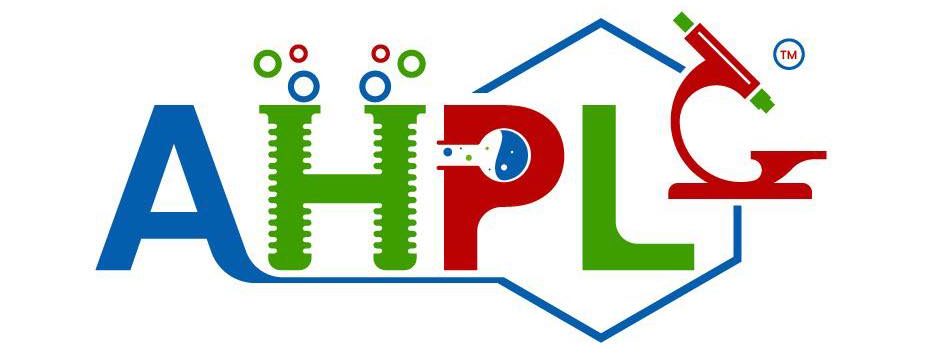What are Molecular Tests?
Molecular tests, also known as molecular diagnostics, are sophisticated laboratory procedures that scrutinize the genetic and molecular aspects of animals. These tests investigate an animal’s DNA, RNA, and other molecular components to detect specific pathogens, genetic anomalies, or markers associated with diseases.
Why Use Molecular Tests in Animal Health?
Molecular tests are indispensable for animal health due to their:
Precision Diagnoses: Offering unparalleled accuracy, they pinpoint genetic causes, guiding tailored treatments.
Early Detection: Identifying diseases before symptoms appear allows timely intervention and potential life-saving measures.
Genetic Profiling: Providing essential genetic insights for breeding programs, disease screening, and susceptibility assessment.
Treatment Monitoring: Crucial for assessing treatment effectiveness and tracking disease progression.
Origins of Molecular Tests
Molecular tests originate from molecular biology and genetics, utilizing advanced lab techniques to analyse an animal’s DNA, RNA, and proteins. This field constantly evolves with genomics and molecular biology discoveries.
Learn More about Molecular Tests
For in-depth insights into molecular tests in animal health, consult scientific literature, veterinary journals, and reputable online resources focused on veterinary medicine and molecular diagnostics.
Serological Tests:
What are Serological Tests?
Serological tests, also known as serology, are diagnostic assessments that focus on an animal’s immune response to infections. These tests analyse blood serum to detect the presence of antibodies, antigens, or other markers indicative of past or current infections.
Why Use Serological Tests in Animal Health?
Serological tests are essential for:
Infection Detection: Diagnosing infectious diseases by detecting an animal’s immune response to specific pathogens.
Herd Health Monitoring: Vital in livestock and poultry farming, facilitating disease management and prevention in entire herds or flocks.
Vaccination Efficacy: Assessing vaccine effectiveness by measuring antibody levels in vaccinated animals.
Research and Surveillance: Aiding epidemiological studies to understand disease prevalence and patterns in animal populations.
Origins of Serological Tests
Serological tests have a rich history in immunology and microbiology, evolving alongside laboratory techniques like ELISAs.
Learn More about Serological Tests
For deeper insights into serological tests and their role in animal health, explore scientific journals, veterinary textbooks, and reputable websites dedicated to veterinary immunology and diagnostics.
In Conclusion
Molecular and serological tests are essential for accurate animal health diagnoses and timely care. Stay updated by consulting experts and trusted sources to support the well-being of our animal companions.
